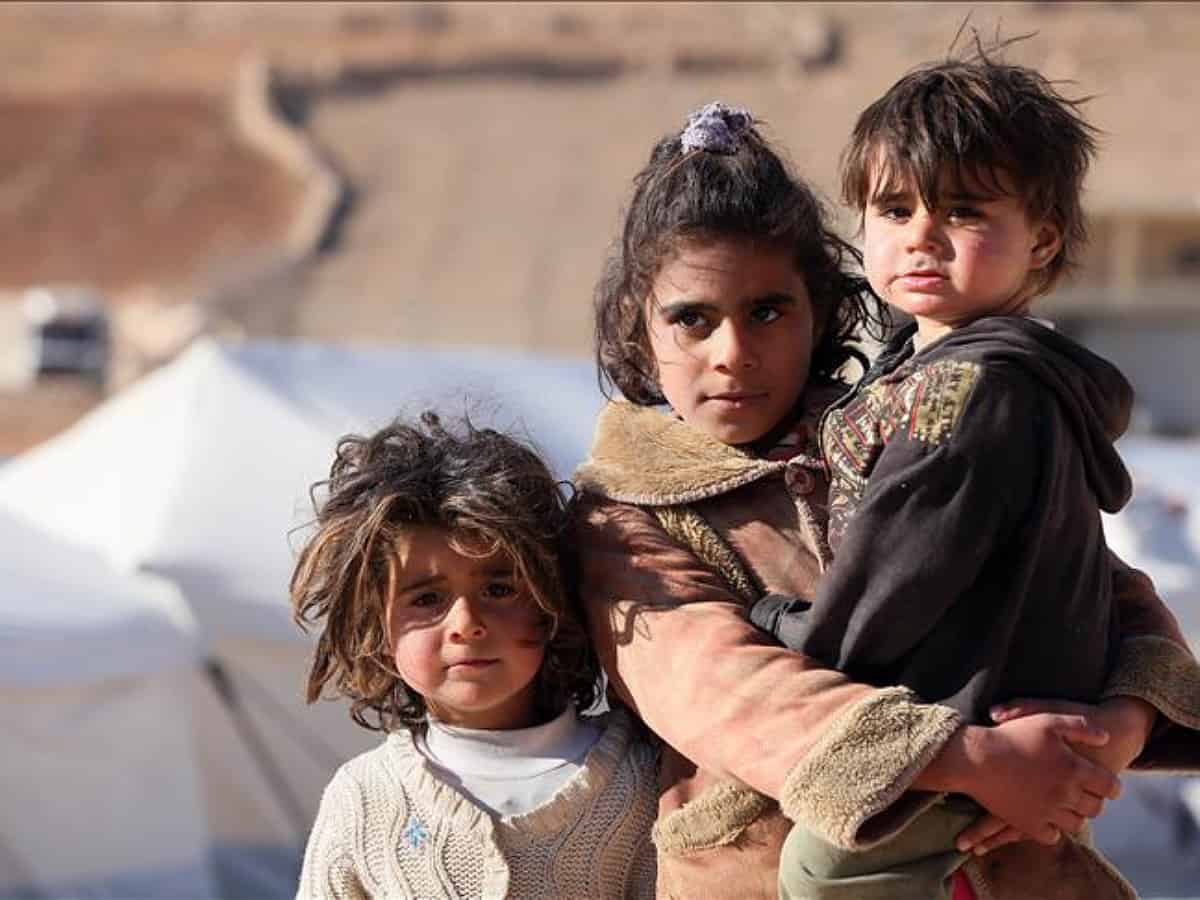
Beirut: The Lebanese government has tightened regulations on Syrian refugees as tension between the displaced and the local Lebanese continues to grow.
A statement released by the Council of Ministers said the “refugee status” will be officially cancelled for those who left the Lebanese territory, calling security services to “strictly pursue violators and prevent the illegal entry of Syrians” to the country, reports Xinhua news agency.
The cabinet also asked the Interior Ministry and Social Affairs Ministry to register the newborns of Syrians in Lebanon, and the Labour Ministry was tasked with tightening monitor to make sure that the refugees only work in permitted sectors.
The cabinet made the decisions as the country faced an unprecedented financial crisis, further exacerbated by the presence of over 2 million Syrian refugees.
“Tension among Lebanese citizens and the Syrian refugees has reached its highest levels, and we are now in a dangerous place,” Lebanon’s Deputy Parliament Speaker Elias Bou Saab said when meeting with Italian Ambassador to Lebanon Nicoletta Bombardiere.
“The situation requires a radical change in the European Union’s policy on the issue of the displaced and a speedy solution to the issue in a different way,” Saab was quoted as saying.
According to the UN Refugee Agency, Lebanon is currently facing its worst socioeconomic crisis in decades and hosts the highest number of refugees per capita and per square kilometre worldwide.
The government estimates 1.5 million Syrian refugees and 13,715 refugees of other nationalities.
Ninety per cent of Syrian refugees are living in extreme poverty, with the majority of them settled in the Bekaa region.
While prices are skyrocketing due to a severe economic crisis, almost half of the Lebanese and 2/3 of the 1.5 million Syrian refugees are food insecure.
Some 90 per cent of Syrians, 73 per cent of Palestinian refugees, and over 50 per cent of Lebanese households currently need assistance.
Lebanon has struggled to deal with emergencies like the Beirut port blast, Covid-19, and a cholera outbreak earlier this year.
